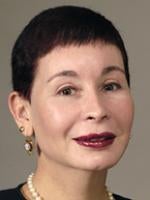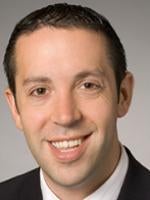The US Court of Appeals for the Seventh Circuit recently held that false origin claims extend to both goods and services. In M. Arthur Gensler Jr. & Associates Inc. v. Strabala, Jay Marshall Strabala was a former employee of Gensler, an architectural firm, who left to start his own competing firm. On the website for his new firm, Strabala advertised that he had designed several projects for which Gensler is the architect of record.
Gensler sued Strabala, claiming that Strabala’s statements were a form of reverse passing off and constituted a false claim of original in violation of Section 43(a) of the Trademark Act. The district court found that Section 43(a) limits false designation of origin claims to goods only, and does not apply to services. Because Strabala did not state that he built or sold the structures at issue, the court found that Gensler had no basis for a Section 43(a) action, and dismissed Gensler’s claims. Gensler appealed the decision to the US Court of Appeals for the Seventh Circuit.
The Seventh Circuit held that the district court incorrectly limited the false designation of origin claims to goods, and that such claims could apply to services. The Seventh Circuit noted that Section 43(a) provides a civil cause of action against any party who, “on or in connection with any goods or services…uses in commerce…any false designation of origin, false or misleading description of fact, or false or misleading representation of fact, which is likely to cause confusion, or to cause mistake, or to deceive as to the affiliation, connection, or association of such person with another person, or as to the origin, sponsorship, or approval of his or her goods, services, or commercial activities by another person.”
Gensler argued that it had an actionable false designation of origin claim under Section 43(a) because “Strabala made a ‘false or misleading representation of fact’ (his role in designing the [buildings at issue]) that was ‘likely to…deceive as to the connection[] or association of such person [Strabala] with another person [Gensler]’ and to deceive clients about the ‘origin of the design.’” While the Seventh Circuit doubted whether Gensler would be able to sustain its claim based on the facts of the case, it nonetheless ruled that Gensler’s legal theory was tenable, vacated the district court’s judgment and remanded the proceedings to the district court for further review.
This decision provides a new basis upon which potential plaintiffs can make claims for infringement under a theory of false designation for services. It may also serve as a cautionary tale for any person or entity who seeks to claim that they participated in the development of a project.




 />i
/>i

